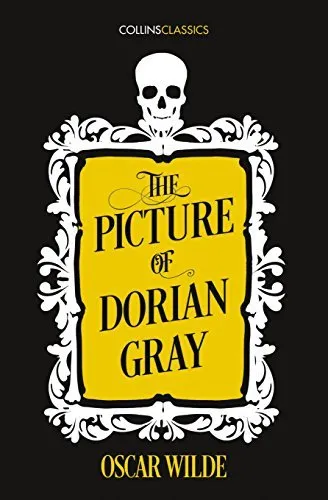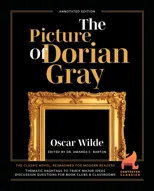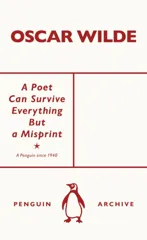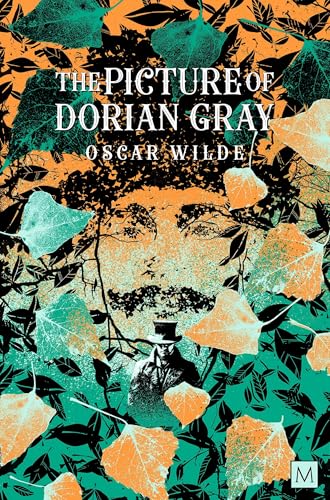The Picture of Dorian Gray
(Author) Oscar WildeHarperCollins is proud to present its range of best-loved, essential classics. 'The only way to get rid of a temptation is to yield to it.' When Basil Hallward paints the portrait of young, handsome Dorian Gray, he falls prey to his dazzling beauty. Afraid that his youth and looks will waste away, Dorian expresses a wish that his portrait, and not he, will age and fade over time. His wish is granted, and over the ensuing years, Dorian indulges in every kind of vice and pleasure, never ageing nor disfiguring. Only his portrait, hidden to the world, bears the marks of his actions, and as his soul grows ever more wasted and corrupted, devastating consequences lie in wait. The Picture of Dorian Gray is an exploration of the purpose of art, the superficial nature of youth and beauty, and the conflict between morality and intemperance. First published in its complete, uncensored form in 1891, it is Oscar Wilde's only novel.
Oscar Wilde
Oscar Wilde was an Irish playwright, novelist, and essayist known for his wit, flamboyant style, and sharp social commentary. His most famous works include the play "The Importance of Being Earnest" and the novel "The Picture of Dorian Gray," both of which explore themes of identity, morality, and societal expectations. Wilde's writing is characterized by clever wordplay, satirical humor, and a keen observation of human nature. He was a key figure in the aesthetic and decadent movements of the late 19th century and is considered one of the most important voices in British literature. Wilde's impact on literature can be seen in his subversion of conventional Victorian norms and his pioneering use of irony and paradox.






